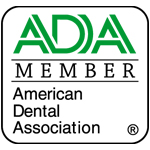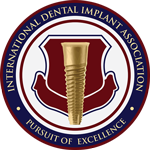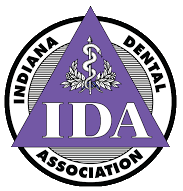
SALIVA IS SUCH an ordinary thing that you probably haven’t given it much thought, but it’s actually as important to the healthy function of our mouths as oil is to a working car engine. Saliva is an essential component of our ability to eat, taste our favorite foods, and speak, it’s crucial to a healthy immune system, and it’s our first line of defense against many oral health problems.
Saliva Production And Stages
In a healthy mouth, saliva is produced continuously by the salivary glands, which are located under our tongues and in our cheeks. These glands produce between two and six cups of saliva every day! Saliva is 98-99 percent water, and the rest consists of proteins, digestive enzymes, antimicrobial factors, and electrolytes.
Depending on where food is in the digestive process, saliva goes through a few different stages: cephalic, buccal, oesophageal, gastric, and intestinal. When you smell something delicious and your mouth waters, that’s the cephalic stage! Actually eating moves it to the buccal stage, which helps us swallow food. The oesophageal stage helps move swallowed food down the esophagus.
The last two stages are less pleasant, but still important. If you’re about to throw up, your salivary glands work overtime in the gastric stage so that the stomach acid won’t do as much damage when it comes up and out with the partially digested food. The intestinal stage is similar, activating when the body doesn’t agree with food that reaches the upper intestine.
Saliva And Oral Health
There are many reasons we have saliva, but the most important role it plays for your teeth is keeping your mouth’s pH balanced and flushing away remnants of food to keep everything clean. Eating food tends to make our mouths more acidic, and even though the enamel on our teeth is the hardest substance in our bodies, it only takes a pH of 5.5 to start dissolving it. Many of the foods we eat are far more acidic than that, which makes saliva critical in protecting our teeth.
The antimicrobial factors in saliva also fight bacteria, protecting us against gum disease and bad breath. Growth factors in saliva are why injuries in your mouth (like a burned tongue or a bitten cheek) heal faster than injuries elsewhere on the body. And those are just the benefits to oral health, but saliva does much more.
When The Spit Runs Dry…
All of these benefits are why dry mouth is such a serious problem. It can happen for a number of reasons. Our mouths tend to go dry in stressful situations. We also tend to produce less saliva in old age. Drug use, smoking, and drinking alcohol can all cause dry mouth as well. Unfortunately, many prescription medications cause dry mouth as a side effect.
Let’s Get That Mouth Watering!
If you’ve been experiencing dry mouth for any reason, schedule an appointment with us. We can discover the cause and get that saliva flowing again so that you won’t miss out on any of its great health benefits!






